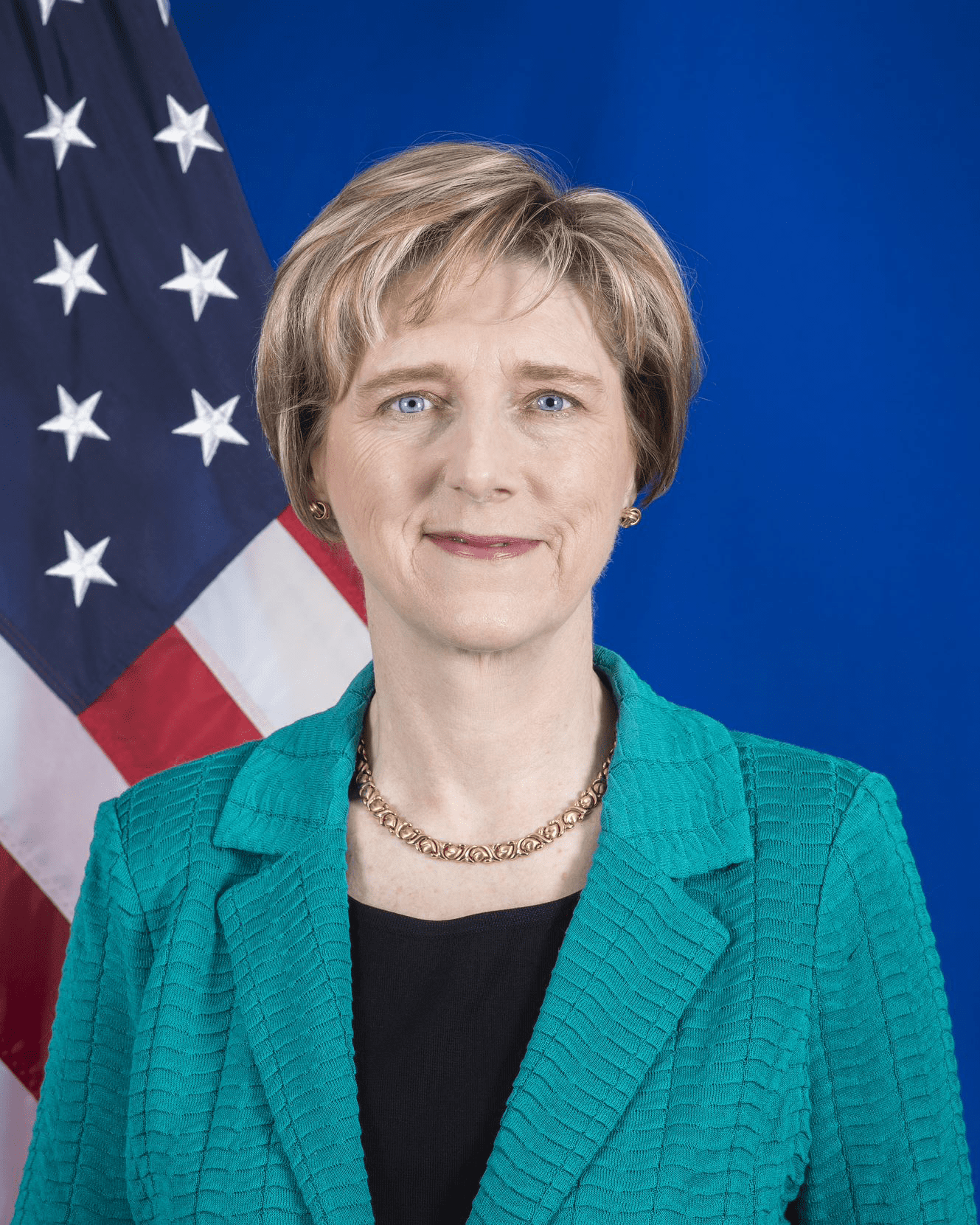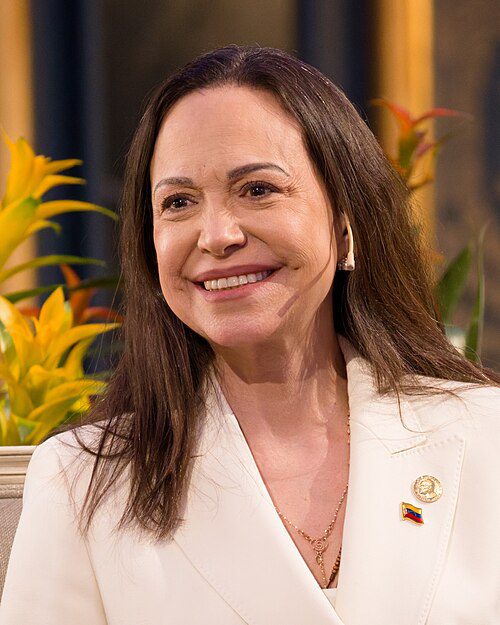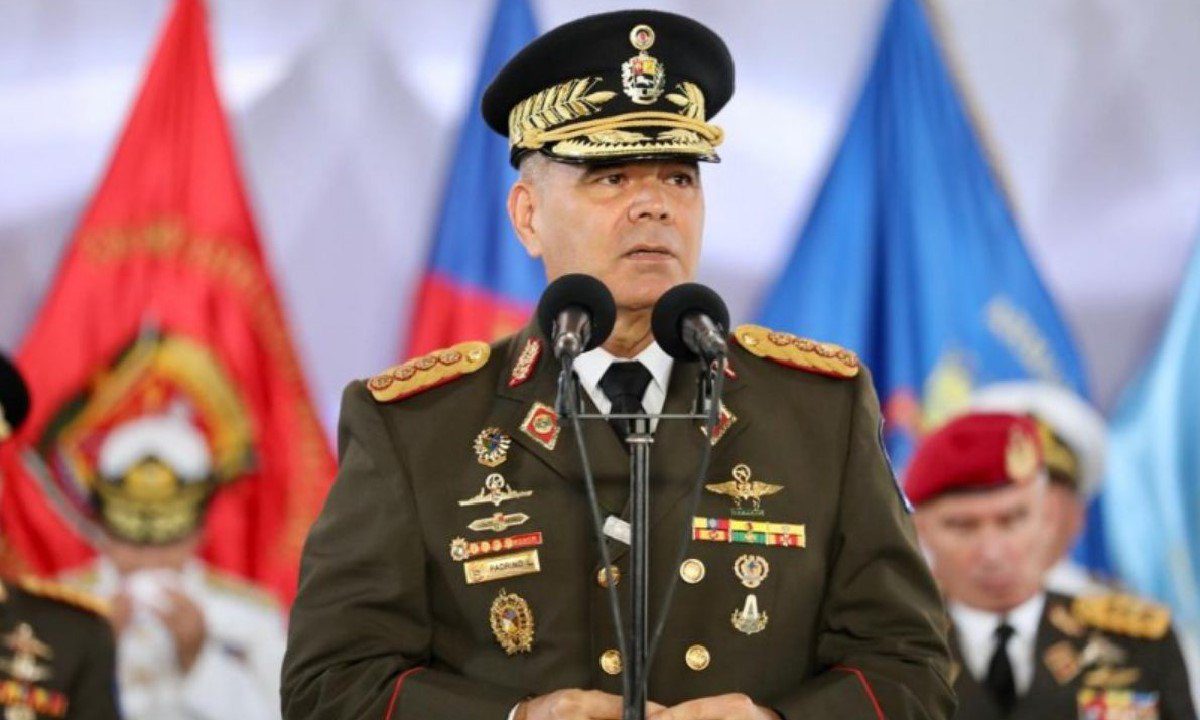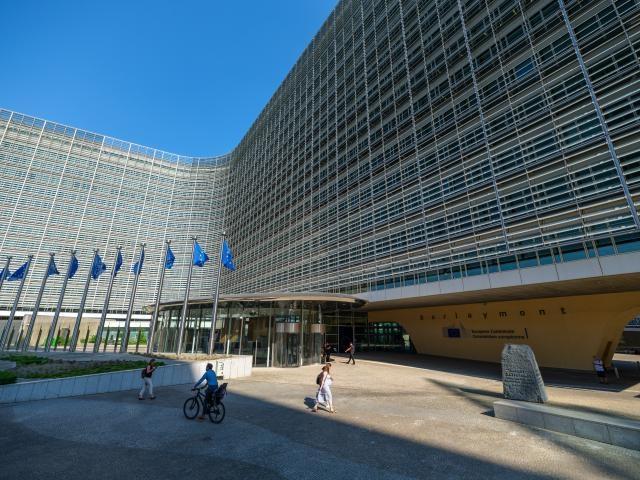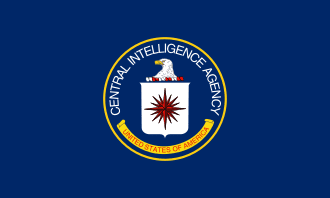Guacamaya, July 1, 2025. Guyanese presidential candidate Azruddin Mohamed categorically denied having ties to the government of Nicolás Maduro, after US Congressman Carlos A. Giménez labeled him a “pro-Maduro puppet.” According to Mohamed, the accusation was promoted by a lobbying firm hired by the government of Guyana, triggering a political storm over the use of public funds to influence foreign legislators and discredit an electoral contender. The backdrop: rising regional tensions over the Essequibo territory.
The electoral contest in Guyana has escalated to a new level of international confrontation. Presidential candidate Azruddin Mohamed accused the government of the People’s Progressive Party (PPP) of orchestrating a defamation campaign against him using a US lobbying firm, aiming to falsely portray him as an agent of Venezuela’s Nicolás Maduro regime.
Mohamed, sanctioned in June 2024 by the US Office of Foreign Assets Control (OFAC) for alleged tax evasion related to the gold trade, maintains that the recent accusations of being a “pro-Maduro puppet” are not only unfounded but dangerous for his safety and that of his family.
“The Government of Guyana has used taxpayer funds to pay a foreign lobbying firm for the purpose of attacking me. This isn’t foreign policy; it’s international political persecution,” Mohamed stated in a communiqué, adding that he is considering legal action against the State.
What is the Role of Continental Strategy?
According to documentation filed under the US Foreign Agents Registration Act (FARA), the firm Continental Strategy LLC, contracted by Guyana’s Ministry of Foreign Affairs for $50,000 per month, allegedly sent information and draft tweets to Republican Congressman Carlos A. Giménez. In these messages, Mohamed was linked to Venezuelan influence and labeled a threat to democracy.
Giménez, representative of Florida’s 28th district, tweeted that Mohamed’s candidacy constituted an attempt by the “Maduro regime” to undermine democracy in the Western Hemisphere. So far, the congressman’s office has not presented evidence supporting these claims.
The original contract with the lobbying firm, signed on December 13, 2024, had a six-month duration. According to Foreign Minister Hugh Todd, it is unclear whether it was renewed. The document established as its main functions promoting investment in the US, supporting financial system reforms, and improving the country’s international image. However, it does not include political campaigns or public statements against opponents.
The Backdrop: The Disputed Essequibo
This controversy occurs amid intense geopolitical tension between Guyana and Venezuela over the Essequibo region, a vast territory rich in natural resources that has been disputed for over a century. Venezuela claims sovereignty over the area based on historical arguments and the nullity of the 1899 Paris Arbitral Award, while Guyana defends the award’s validity and maintains administrative control over the territory.
Mohamed, for his part, has been emphatic in rejecting any affinity with Caracas: “My father was born in the Essequibo. I would never betray the land of my roots. I have always defended and will defend Guyana’s sovereignty,” he declared.
Context:
Venezuela’s claim over the Essequibo region is based on the assertion that the 1899 Paris Arbitral Award, which granted the territory to then-British Guiana, is null because it was the product of an arrangement between colonial powers without Venezuela’s effective participation. In 1962, Venezuela formally presented its objection to the UN, and in 1966 signed the Geneva Agreement with the UK and Guyana, which acknowledges the dispute remains unresolved and establishes mechanisms for a peaceful solution.
Since then, Venezuela has maintained that the territory—approximately 160,000 km², rich in minerals, oil, and biodiversity—historically belongs to it. Guyana, in turn, defends that the arbitral award is binding and that it exercises full and continuous sovereignty over the region.
In 2020, the International Court of Justice (ICJ) accepted its competence to adjudicate the case, despite Caracas’ rejection of that process. Currently, the ICJ is evaluating the merits of Venezuela’s claim but has not yet issued a definitive ruling.
In summary: Venezuela’s claim has a historical basis recognized by the Geneva Agreement.
Mohamed’s Accusation Raises Questions
Mohamed’s complaint raises questions about the use of state resources for electoral purposes. While the PPP government insists its actions aim to protect the country’s interests against sanctioned actors potentially linked to opaque international structures, the opposition denounces a worrying pattern of weaponizing foreign policy and diplomatic channels to silence domestic rivals.
The case also underscores how local disputes in Latin America and the Caribbean can quickly escalate into scenarios of hemispheric tension, especially when intertwined with historical territorial conflicts and influential actors on the US political stage.
Call for Citizen Vigilance
Mohamed concluded his statement with a message to all Guyanese: “If they can do this to me, they can do it to anyone. We must not allow this dangerous precedent to stand. On September 1st, we have the opportunity to choose a different path.”
In the coming months, the electoral campaign in Guyana will be marked not only by domestic issues like the economy but also by the shadow of regional conflict and the increasingly controversial role of international actors in national politics.


